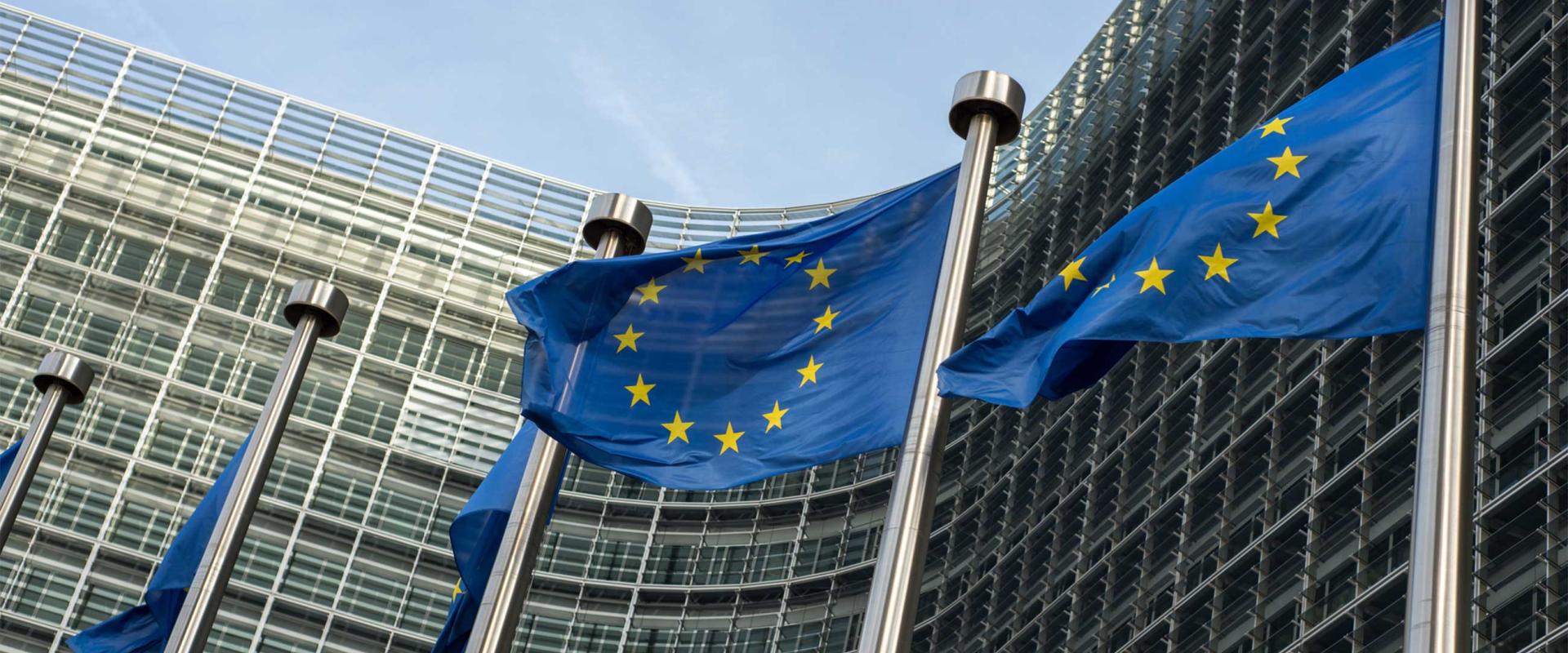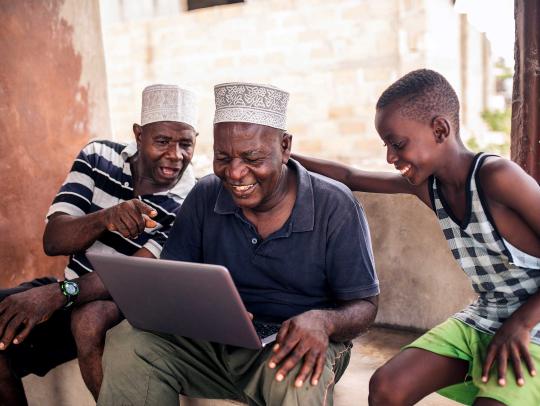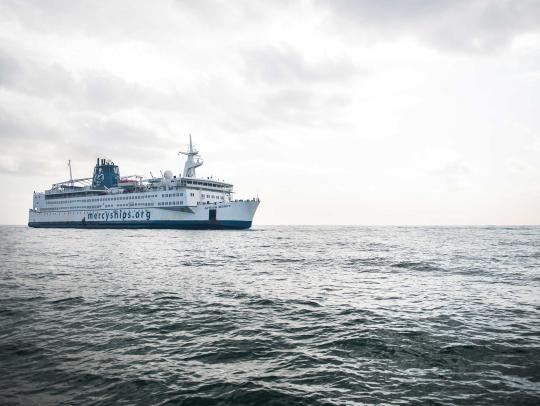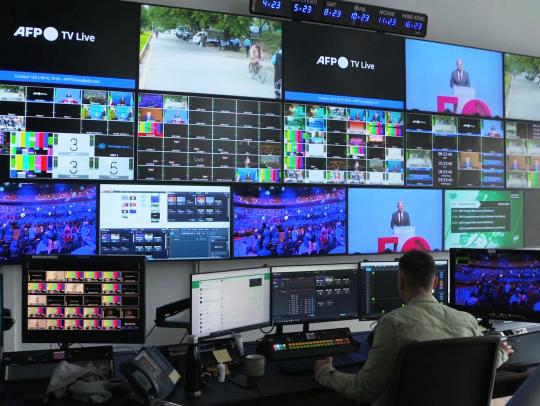Building a Secure Resilient Satellite Infrastructure for Europe

SES details the Road to IRIS2, the European Union's Secure Connectivity Programme
Working towards IRIS2
The IRIS2 Satellite Constellation is a project led by the European Union that aims to build a new secure, resilient and sovereign satellite constellation in Europe. This constellation will offer communication capabilities and high-speed internet for governmental and business purposes, but also for coping with dead connectivity zones. The European Commission signed a concession contract with the SpaceRISE consortium on 16 December 2024, tasking the consortium with developing, delivering and operating the European Union’s secure satellite connectivity system.
Preceding this important consortium step:
SES participated in the Public Market Consultation in 2021 and was part of a consortium of European companies that delivered a working paper to the Commission, contributing to defining the scope and options for the successful development of the programme.
The best way forward for IRIS2
SES believes that to succeed, IRIS2 should have the below characteristics:
- Made and operated in Europe: Programme should be designed, built, and launched by the European space industry, and operated by satellite players established in the European Union.
- Multi-orbit: The European Commission should exploit the merits of a multi-orbit architecture (GEO, MEO, LEO) given satellites in different orbits have different features and capabilities.
- Leverage existing technology: IRIS2 should leverage existing deployed satellite systems and services, enabling a scalable infrastructure that is immediately operational.
- Public-private partnership: Magnitude of the programme calls for investment from the private sector that could result in a Public-Private Partnership scheme. There should be no reliance on traditional geo-return arrangement whereby member states receive the majority of their contributions back in the form of industrial contracts. Instead, European satellite operators shall be allowed to execute the programme in a competitive way, creating an environment where innovative commercial services can flourish.
- Fostering the European Space Ecosystem: The project needs to build an innovative and competitive European space sector creating in particular a strong environment for disruptive start-ups and SMEs to flourish. It should allow them to benefit from scale and to have supply chains that gain in efficiency and effectiveness.
- Strong industry partnerships: Strong partnerships among industry players is a must to defy the singularity of the European aerospace sector where competitors are also partners, customers and suppliers at the same time.
To learn more, read our letter in Politico.
European start-ups, SMEs and Midcaps invited to submit a request for interest in IRIS² tender
European start-ups, mid-Caps and SMEs are encouraged to join the Call for Tender on the future European satellite constellation IRIS².
Our work in Europe
Championed multi-orbit satellites
SES pioneered lower-earth orbit operations via its O3b constellation built by Thales Alenia Space and launched by Arianespace. SES’s GEO high-throughput SES-17 is interoperable with its upcoming second-generation medium earth orbit (MEO) system, O3b mPOWER.
Investing in European start-ups
SES actively supports European start-ups and New Space companies: it has invested in Luxembourg’s Digital Tech Fund financing ICT start-ups, and has joined forces with young ventures ISAR Aerospace, MYNARIC and Reflex Aerospace to form the Munich-based UN:IO - for new services in the automotive and broader mobility sector through a satellite constellation.
Strong video business
Based in Luxembourg, SES operates over 70 satellites in both geostationary and medium earth orbits, with a strong foothold in the video industry in Europe. First to help define and roll out HD TV standards and channels in Europe decades ago, it is today bringing European and international channels to more than half of Europe’s satellite TV households.





